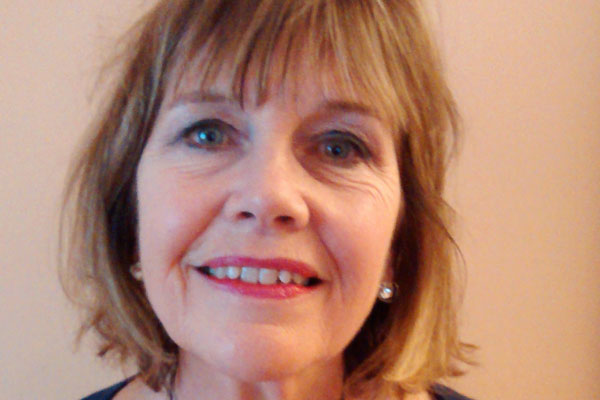Reaching out and asking for help should be straight forward and easy. This isn’t the case for many men seeking support for their mental health. The stigma around mental health is changing, and I personally see a greater uptake in people seeking psychological therapies. I’ve been practising for over 20 years, and even though the number of men seeking therapy has noticeably increased over this time, they still only make up less than 30% of my cases.
This means that women are more likely to ask for help and will access mental health services more frequently than men. Of course, women struggle too, and at times will find it difficult to express their feelings. My conversations with female clients gives me a good understanding about why more women present for therapy. There’s not a lot of science in this! Women in general share more profound details of their lives with their support group – family, friends, and partners. This creates a healthy pattern of behaviour, that teaches them that reaching out and saying that I need help, is OK.
So, why aren’t men seeking out mental health treatment that they need and deserve? In my experience, I see men being caught up with an overwhelming sense of toxic-masculinity – men should be strong, and if they show their weaknesses then they must be less of a man somehow. I see men continually doing their best to live up to masculine norms. These norms are seemingly what society has dictated to them, us and me. Is that really true though, and is society asking us to be superhuman?
In my opinion, I feel that these behavioural patterns are established through conditioning, and traditional gender roles – boys should wear blue and play with cars, and girls should wear pink and play with dolls. That was certainly the case for me when I was growing up through the late 70s and 80s. We’re beginning to acknowledge and understand that roles aren’t defined by gender. It’s OK for a boy to cry, and we don’t have to man-up when life gets tough.
In 2021, social media presents a supposed version of the ideal man, and its not that far removed from my car playing childhood. It's important to understand that men can be influenced by traditional stereotypes, and this is having a detrimental impact on men seeking out mental health services.
Male clients have told me that they feel embarrassed and often ashamed of even thinking about asking for help. I see it as the masculine internal dialogue telling them they should be strong – if they reach out for help, this shows a weakness, and this is a threat to their masculinity. They tell me of their fear of being judged, and worry that people in their lives will label them as weaker, and not as good.
I’ve also noticed over the course of my career that men, and I am generalising, seem to have less awareness of their emotions and can fail to recognise the symptoms of a mental health condition. So, if they don’t see something as being wrong, then they’re less likely to reach out for support.
All of these worries and fears become barriers to men seeking psychological help. We need as a society to continue to talk about mental health, especially breaking down the stigma and shame, so men find it easier to present for therapy. Things are changing for the good, and with high-profile campaigns over the last few years we're on the right path, though there’s still work to do.
I’m a therapist who is a man, and I've experienced the continuing benefits of my time spent in my personal therapy. As men, we can help each other by listening, supporting and encouraging a conversation around men’s mental health. We can do this together.
Read more...

Behind closed doors
Gavin Conn focuses on support for men who've been victims of domestic abuse. Mental Health Week 2021

It's healthy to talk
Ann Hogan explores themes about men's self esteem and their sense of purpose. Men's Health Week 2021

Blogs and vlogs 2021
News, views and updates from our staff, members and counselling clients
Views expressed in this article are the views of the writer and not necessarily the views of BACP. Publication does not imply endorsement of the writer’s views. Reasonable care has been taken to avoid errors but no liability will be accepted for any errors that may occur.
